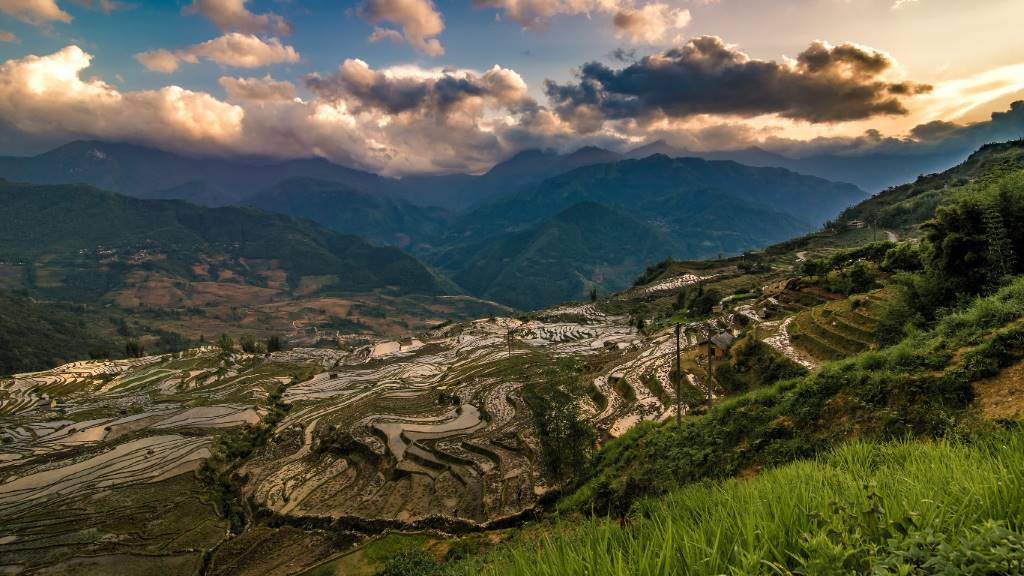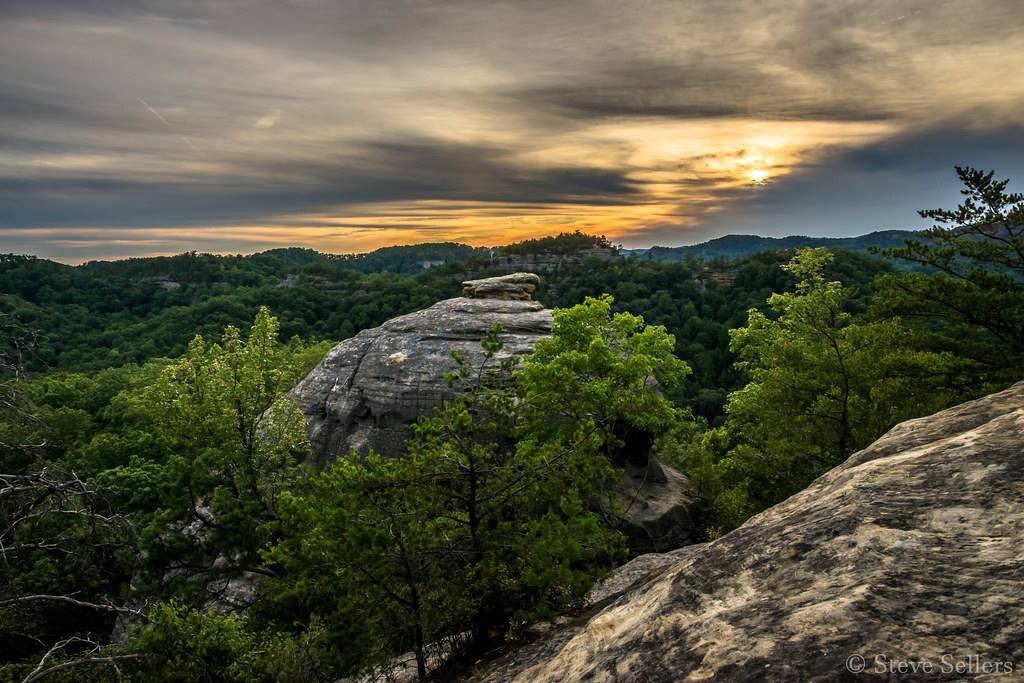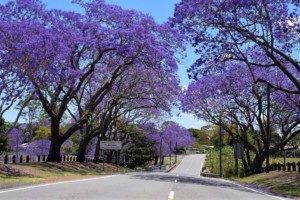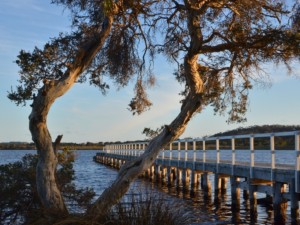Good news in tourism May 17 – 23, 2020

… because it’s everyone’s business!
Published Sunday to be ready Monday, “Good news in tourism” is the perfect pick-me-up for the start of a new week in travel & tourism. And go!
Important “Good Tourism” (“GT”) stuff first:
For a truly sustainable tourism industry to have a chance, destinations and host communities must use the coronavirus crisis to take back control. Decades of sustainable tourism talk at the highest levels has failed them according to veteran sustainable tourism advocate Dr Thomas Bauer in a fresh and reflective “GT” Insight published Tuesday. Dr Bauer reckons visitation should be by invitation … only.
Friday saw the publication of a “GT” Insight into the mind of the man who leads one of the world’s significant travel & tourism industry organisations: Dr Mario Hardy, chief of the Pacific Asia Travel Association. What does he think about the crisis in which our industry finds itself? Find out in “Who dares wins: Who will hit the reset button?”
Join the best people. Share your best insights.
To skip this extraordinary opportunity, simply scroll down to the next subheading …
How about reflecting on your achievements, mistakes, and lessons learned; outlining your vision for the future of travel & tourism; telling the story of your “Good Tourism” journey, whatever “good” means to you; sharing your “GT” Insights? ← Opportunity.
Can’t write? Nonsense! Of course you can. And your correspondent will help you by proof-reading and lightly editing your “GT” Insight to ensure your happiness before it goes live. It’s all part of the “GT” service for “GT” Friends. ← ↑ Opportunity!
⇈ OPPORTUNITY! ⇈
And support independent publishers
Even if you can write, a fresh pair of eyes is always helpful. For example, a particularly venerated tourism “thought leader”, who also happens to be a good writer, may have revealed a little too much about their mission and motivation with this line:
“There’s no doubt that this invisible microbe has done what thousands of thought leaders, articles, power-point presentations, even documentaries had failed to do – stop business as usual in its tracks …”
Your correspondent’s immediate reaction was: “Well, bully for you and your ideology for finding an ally in the form of a contagious virus!” The more charitable interpretation, of course, is that this could be an unfortunate choice of words.
Yet rather than trust an independent publisher who may have asked about intent before clicking publish, the author chose to paste their words directly into a social media-linked self-publishing platform … because apparently big tech doesn’t have enough power and control over us and our opinions!
A friend in need is a friend indeed
As lockdown lengthens, more tins rattle … Here are two fundraisers well worth considering due to the involvement of “GT” Friends:
“GT” Insight Partner Second Look Worldwide is endorsing a worthy fundraiser organised by “GT” Friend James Nadiope, founder of the Africa Sustainable Tourism Care Foundation and the Justice Tourism Foundation. Mr Nadiope said: “Since Uganda went into quarantine with total lockdown followed by curfew many families where we work go empty stomach with no food to eat. I would like to appeal to all well-wishers for financial donations to help these vulnerable families.” [Callback: In January, Mr Nadiope wrote about “How bees, trees, & tourism reduce human-wildlife conflict in Uganda”.]

The temporary closure of Cardamom Tented Camp due to the COVID-19 shutdown has meant that forest patrols by Wildlife Alliance rangers in Botum Sakor National Park in southwest Cambodia may have to be suspended. The rangers’ equipment, food and wages are provided in entirety by the Golden Triangle Asian Elephant Foundation (GTAEF) and Cardamom both of which depend on tourism. And there is no tourism. An emergency fundraising page to keep rangers employed and adequately supplied is live … and worthy. [“GT” Friends Willem Niemeijer and John Roberts are associated with the fundraiser via Cardamom and GTAEF respectively.]
COVID ops
According to the Croatian National Tourist Board (HTZ), in the week after Croatia lifted COVID-19 lockdown measures, May 11 – 17, there were 8,700 tourist arrivals and 84,500 bed nights. Local tourists accounted for the majority of arrivals (74%), followed by travellers from neighbouring Slovenia (15%).
More than 250,000 tourists visited destinations across Cambodia, May 4 – 17, an increase of almost 50% compared the previous fortnight, according to the Ministry of Tourism. Most chose ecotourism sites.
Spain’s transport minister José Luis Ábalos said that inbound tourism will open up again at the end of June, all going well, and that airlines will not be required to keep seats empty.
Prime Minister of Greece Kyriakos Mitsotakis reportedly said Wednesday that the tourist season will begin on June 15 with the opening of hotels. International flights will start to serve tourist destinations from July 1. Industry bodies welcome the measures.
Similarly, Natia Turnava, Minister of Economy & Sustainable Development for the Eurasian nation of Georgia, announced that local tourism services will open from June 15 and international tourists will be welcome from July 1.
Vietnam’s carriers are increasing the frequency of domestic routes starting next month as nearly 86% of Vietnamese polled said they were making travel plans. The country remains closed to foreign tourists.
About 70% of Indians surveyed would like to travel by year’s end but only 48% said they would actually make plans to do so if lockdown was lifted soon. The respondents’ main concern is the crowds they might encounter at their destination or on the way.
Health and safety protocols will be key to the Philippines reopening tourism as required by the Department of Tourism’s Tourism Response & Recovery Plan. Tourism Secretary Bernadette Puyat: “It is important that we embrace the new normal and equip our industry stakeholders with the appropriate tools and knowledge to recover and succeed in the post-lockdown era.”
Victorian Tourism Industry Council chief Felicia Mariani reckons there is plenty of pent-up demand in Australia for domestic travel. “If they’ve dreamed of a domestic holiday but never got around to it, this will be the time they do that.”
In Canada, Paula Amos of Indigenous Tourism BC reckons many member organisations are trying new things to keep staff working. “It’s exciting to see that they’re making this quick pivot so that they can sustain themselves.”

May 22 will see the end of the travel ban in the state of Kentucky, USA, and groups of up to 10 people may gather. Furthermore, state parks, lodges and cabins will reopen from June 1. Guests will be required to follow physical distancing and public health guidelines.
History, preservation, and tourism organisations in Maryland, USA have formed the Maryland Heritage Recovery Task Force to lobby for policy that “supports the recovery of the state’s cultural and historical assets” as tourism picks up post-lockdown.
The Regional Office of Sustainable Tourism (ROOST) in New York state, USA is developing self-guided tour itineraries using digital platforms. Office president James McKenna said: “The traveller is going to be different [and] it is up to all of us to take responsibility for our businesses.” ROOST has also created a series of cute “Politely Adirondack” posters featuring a moose, raccoon and birds following health guidelines.
Last year the US Forest Service and city of Glenwood Springs, Colorado agreed to restrict the number of visitors to Hanging Lake to no more than 615 visitors per day. Recently the National Natural Landmark has been closed due to COVID-19, of course, but will reopen June 1 to only 128 hikers per day.
The Big Bear Lake City Council in California, USA has unanimously determined to stop enforcing the state Governor’s coronavirus orders. The Council will allow businesses to decide for themselves when to reopen.
Follow, flatter, finance
To skip this shameless cry for help, simply scroll down to the next subheading …
If you like “GT” and you don’t want to miss a thing, then subscribe to “GT’s” weekly e‑news — it’s free — and follow “GT’s” various socials, such as its LinkedIn page.
Join the conversation. Within reason — legality, topicality, decency, and good faith — all points of view are welcome … especially flattering ones, of course! 😎
And if you find “GT” inspiring, interesting, somewhat amusing, or at least different — because diversity is good, yeah? — then surely it’s worth a little something to you.
Please …
It would mean a big something to “GT”!
Thank you very much to those who have donated. 😍 Note: Given “GT’s” propensity to rattle cages, your correspondent’s starting assumption is that donations should be kept private and confidential. If you are happy to be publicly acknowledged that would be brilliant. Simply let your correspondent know. Thanks!
Pandemic ponderings
UNDP Thailand’s Renaud Meyer and Chularat Niratisayakul, chief of the Biodiversity-based Economy Development Organization, say their organisations are “designing a new biodiversity-based tourism model in Thailand [with] ecological coping capacity used to determine the appropriate number of tourists in a given area to avoid negative impacts”. They reckon post-pandemic tourism must be “greener and more sustainable, with benefits being shared among local communities, government and small businesses”.
Academics Alison McIntosh and Dr Greg Willson: “New Zealand has an opportunity to again be an exemplar for the world through rebuilding its tourism and hospitality industries with a hopeful agenda of more responsible, sustainable and inclusive engagement […] Empowerment of local communities to manage their own agendas for tourism will allow for rich, unique and potentially untapped local stories to emerge.”

Coastal First Nations president Marilyn Slett reckons Canada and its westernmost province British Columbia (BC) should make it a post-pandemic priority to work with First Nations to ensure that pre-pandemic progress is not lost. “As modern-day nations, we have worked hard over the past 20 years to partner with both governments to build a strong and sustainable coastal economy [with] opportunities in forestry, fishing, eco-tourism and climate initiatives.”
Jack Kittinger and Emelia von Saltza reckon Hawaii, USA, having recently experienced “both over-tourism and under-tourism” should consider a “visitor green fee”, which is a solution that “Palau and the Galapagos have used to great advantage”. “Rebuilding tourism around a culturally grounded, environmentally responsible, and socially respectful model could offer substantial benefits …”
Jane da Mosto sees an opportunity for residents of Venice, Italy to not only reclaim their city … but also multiply!? “The problem for Venice isn’t the lack of tourists, it’s the lack of permanent residents.” She reckons that with more residents the Venetian culture and lifestyle will flourish so that future visitors to Venice will enjoy it more.
An anonymous guest house proprietor in the Chianti region of Tuscany, Italy reckons that her area relies so heavily on tourism that it is in a “state of calamity”. She writes: “Do we really want to continue with the hordes of coach parties traipsing through our town every day in the summer? The vast amount of resorts that are continuing to appear with swimming pools and en suite bathrooms that the Chianti area just does not have enough water resources to satisfy? […] I would like to see a lower impact, slower tourism — minimum stays of five nights, more collaboration […] fairer pricing, and many other things.”
The Czech Republic capital of Prague could be reimagining tourism “aimed at boosting its cultivation and development, improving the city’s communication with people and balancing out the use of historical monuments by locals and tourists”.
Odds & ends
Good news bits ‘n pieces that don’t easily fit into this week’s arbitrary clusters:
Braidwood is the only state heritage-listed town in New South Wales, Australia. Despite some three million people passing through each (normal) year, the town has yet to tap its heritage tourism potential. That’s why Braidwood & District Historical Society has unveiled a multi-million dollar plan to change that.
Thailand’s Tourism & Sports Ministry is planning to develop sand dunes in the Pathiu district of Chumphon province into a new tourism attraction. Minister Phiphat Ratchakitprakarn said it was part of a shift to more community-based tourism.
Apparently inspired by US President Dwight Eisenhower’s Interstate Highway System, which launched in 1956, Ukraine’s great road infrastructure project is progressing apace through the pandemic.
A study suggests that there are high times to be had by the tourism industry in jurisdictions that legalise recreational marijuana use; particularly if neighbouring jurisdictions aren’t so permissive.
Stay healthy, smile, and have a good week!
Featured image (top of post): Vietnam landscape. Image (CC0) via pxfuel.
To help your correspondent keep his energy-efficient lights on, please consider a private one-off gift or ongoing donation. THANK YOU to those who have! <3
You are a tourism stakeholder — yes, YOU! — so what’s your view? Do you disagree with anything you have read on “GT”? Join the conversation. Comment below or share your “Good Tourism” Insights. Diversity of thought is welcome on The “Good Tourism” Blog.
Disclaimer 1: It is “GT’s” policy to fully disclose partner/sponsor content. If an item is not disclosed as partner or sponsor-related then it will have caught “GT’s” attention by some other more organic means. Partner with “GT”. You know you want to.
Disclaimer 2: None of the stories linked from this week’s post have been fact-checked by “GT”. All terminology used here is as the linked sources used it according to the knowledge and assumptions they have about it. Please comment below if you know there has been buzzword-washing or blatant nonsense relayed here, but be nice about it as the linked sources might get offended. (“GT” won’t.) And as for “GT” bringing it to your attention so that you might be the one to set the record straight, you are welcome! 🙂





